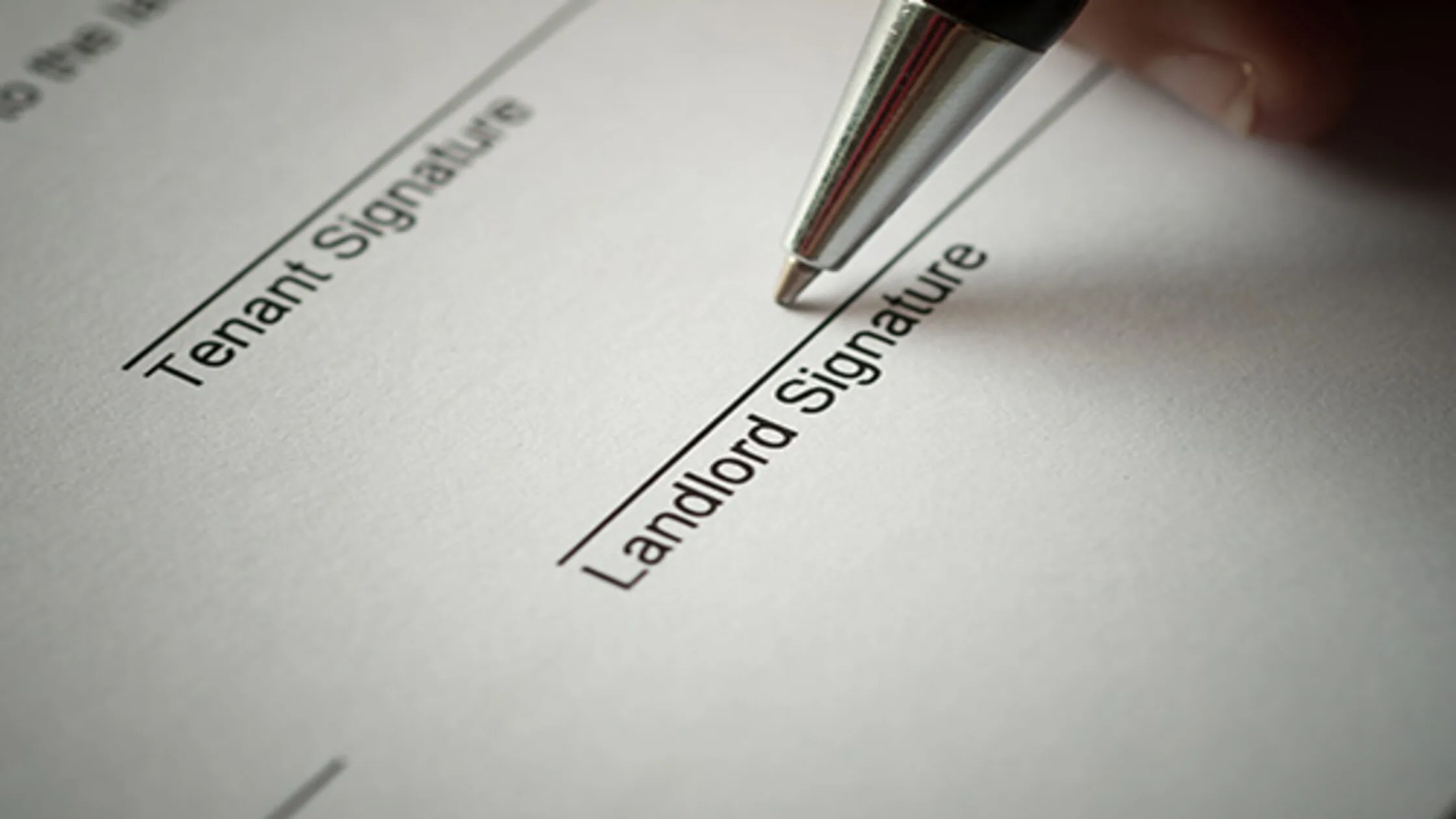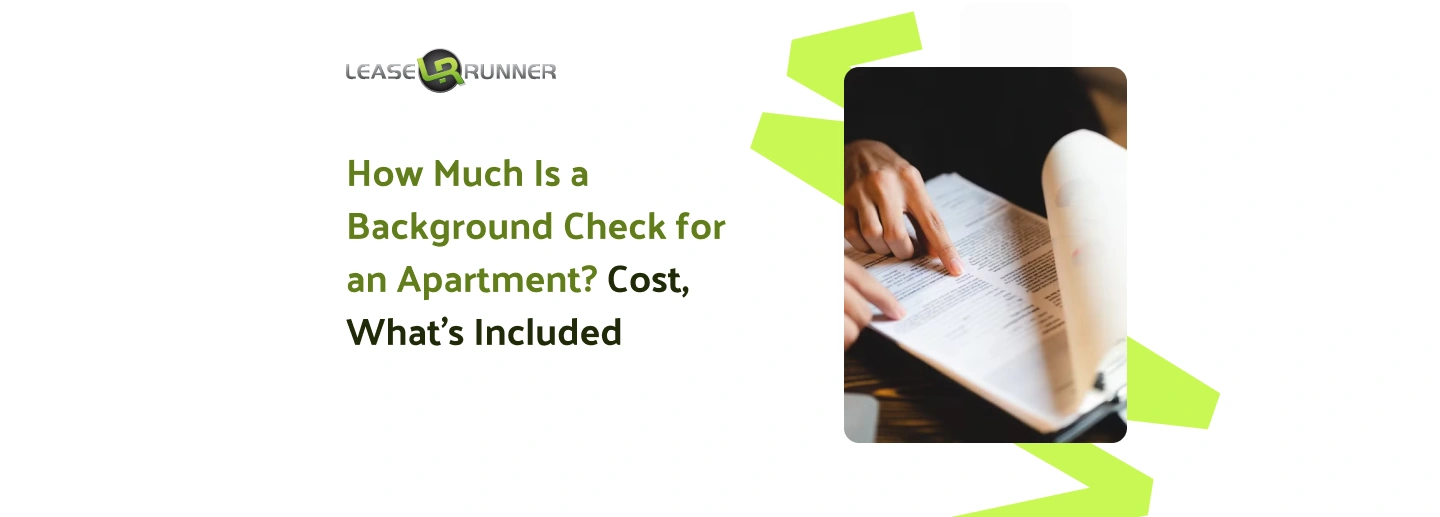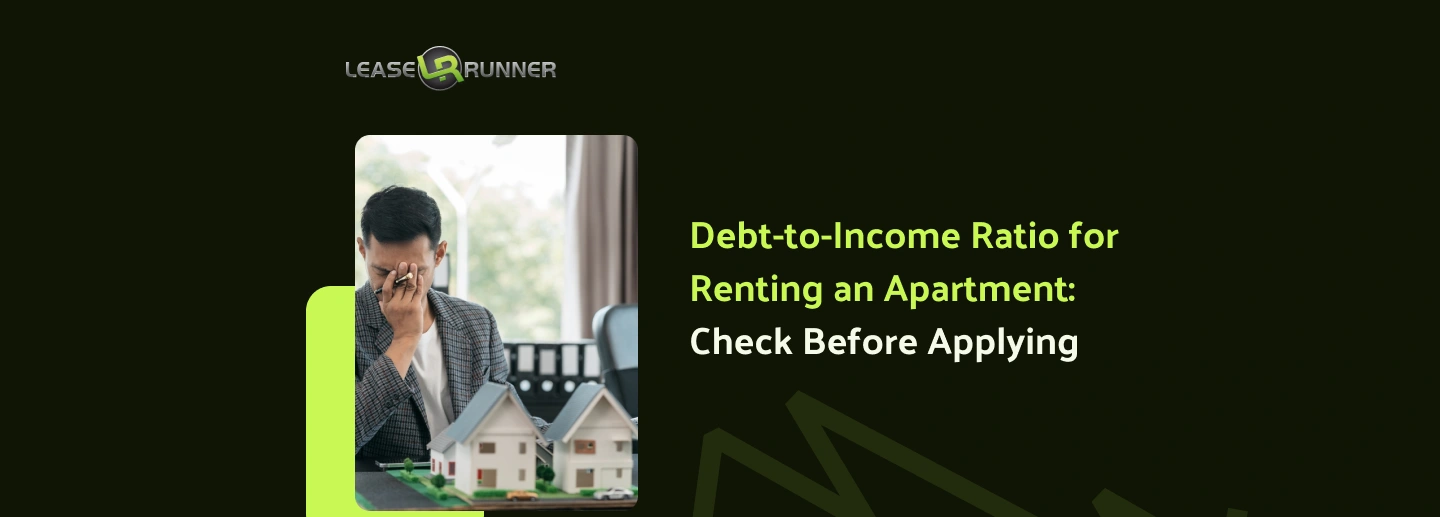Numbers can look good on paper, but a tenant’s true reliability often comes out in conversation with a previous landlord. Knowing the most effective questions to ask a previous landlord allows you to go beyond the basics and assess behavior, responsibility, and long-term potential.

Why It’s Essential to Ask a Former Landlord for Tenant Verification?

Credit scores and pay stubs only show part of the picture. A prospective renter might seem financially stable and responsible on paper, yet still present serious issues like chronic late rent, noise complaints, lease violations, or even property damage.
These red flags often go unnoticed in standard application documents, which is why verifying a tenant’s rental history with a former landlord is a crucial step in your decision-making process.
Therefore, direct communication with a past landlord provides insights you simply can’t get from numbers alone. The right questions to ask a previous landlord can uncover:
- How the tenant treated the property,
- Whether they communicated effectively,
- How they handled conflicts or repairs,
- If they were respectful toward rules, neighbors, and shared spaces.
It’s an opportunity to validate or challenge what the tenant claims in their application.
Just as important as reviewing a tenant’s rental history is knowing the right questions to ask tenants themselves. Their answers, combined with honest feedback from a previous landlord, can show that the tenant is a good long-term fit for your property and community or not.
10 Must-Know Questions to Ask The Previous Landlord

Getting specific, actionable insights from a former landlord depends on how and what you ask.
Here are ten fundamental questions to ask a previous landlord!
1. “Can You Confirm the Tenant’s Rental Period?”
The rental verification questions reveal patterns. Long tenancies can signal stability and satisfaction, while short ones might indicate unresolved issues, premature lease breaks, or a tendency to move frequently. This question helps verify the applicant’s stated history and spot inconsistencies. A tenant claiming two years but recorded only six months may have left under difficult circumstances.
Tip to follow up: Ask whether the tenant completed the lease term and if they left on good terms. This can surface details like early move-outs or broken agreements without needing to ask directly.
2. “Did the Tenant Pay Rent on Time and in Full?”
It’s one of the most objective ways to measure tenant responsibility. Payment behavior with a past landlord is a strong predictor of future behavior with you. Consistently late or partial payments, even when eventually settled, can create administrative burdens and signal financial instability or poor planning.
Tip to follow up: Ask how often payments were late, whether reminders were necessary, and if late fees had to be enforced.
3. “How Did the Tenant Maintain the Property?”
While small scuffs or minor wear are expected, a tenant’s general upkeep habits can make a huge difference. Clean, respectful tenants reduce turnover costs and signal respect for your investment. On the other hand, signs of extreme negligence (like unauthorized painting, broken fixtures, or excessive trash) can cost you time and money later.
Tip to follow up: Ask what the condition of the unit was at move-out. Were there any deductions from the security deposit?
4. “Did the Tenant Follow the Lease Agreement?”
Some tenants treat lease terms as flexible suggestions. Knowing which type of person you’re renting to can prevent a lot of headaches down the line. Lease violations such as unauthorized pets, subletting, or parking misuse can escalate quickly into larger legal or logistical problems.
A tenant who respects lease terms reduces your liability and helps maintain a stable, rule-abiding community. It also shows they can be trusted with responsibilities and understand the value of a contract.
Tip to follow up: Ask whether the landlord had to issue any lease violation notices or warnings. You can phrase it like: “Were there any issues with the tenant not complying with lease rules, such as guests, pets, or noise?”
5. “Were There Any Complaints from Neighbors or Other Tenants?”
Complaints from neighbors are often a sign that the tenant’s behavior negatively impacts others. It can lead to additional turnover or strained relationships with long-term tenants. Therefore, their ability to coexist peacefully with others in the building or neighborhood is a major part of being a good tenant.
Tip to follow up: Ask whether the tenant was ever the subject of complaints and how those issues were handled. Try: “Were there any recurring problems with neighbors? Did the tenant respond appropriately when notified?”
6. “Did the Tenant Communicate Effectively with You?”
Strong communication leads to faster problem resolution, fewer misunderstandings, and a smoother tenancy overall. Tenants who respond to notices, report maintenance issues in a timely manner, and communicate clearly are easier to manage and create less risk over time.
Tip to follow up: Ask for a specific example: “Can you share a time when you had to coordinate with the tenant for a repair or issue? How responsive and clear were they?” Their ability to work through problems often predicts future interactions.
7. “Why Did the Tenant Leave the Property?”
Tenants move for many reasons. Some are entirely neutral (new job, growing family), while others raise questions (lease disputes, eviction risk, unexpected move-outs).
How and why a tenant left tells you whether they were a problem or a peaceful presence. A sudden departure or skipped notice period could indicate poor planning or a conflict they’re not disclosing.
Tip to follow up: Ask whether the tenant gave proper notice, and whether the move-out was smooth and cooperative.
8. “Would You Rent to This Tenant Again?”
This is one of the most telling questions to ask a former landlord you can ask. A clear “yes” is often all the reassurance you need. A pause, hesitation, or soft “probably” should prompt a closer look. Landlords are often cautious with their wording, so tone and hesitation carry meaning.
Tip to follow up: Ask, “What made this tenant a good fit or not a good fit for your property?” If they say no, you can gently ask: “What were the main reasons behind that decision?” to uncover specific concerns.
9. “Were There Any Late Fees or Eviction Notices Issued?”
Even in cases where the tenant wasn’t formally evicted, a history of warnings, notices, or late fee accumulation suggests a lack of responsibility or chronic rule-breaking. Eviction notices especially carry weight.
This question gives you a fuller picture of tenant behavior under pressure. It also speaks to how well they respect legal and financial boundaries.
Tip to follow up: Ask whether late fees were common, rare, or escalating. Also, “Was any eviction process ever started, and what were the outcomes?” It’s important to differentiate between a one-off hardship and repeated disregard for obligations.
10. “Did the Tenant Respect the Property’s Rules and Policies?”
Finally, rental property has unique rules: trash disposal, pet policies, laundry use, and guest limits. Tenants who follow these without frequent reminders make life easier for landlords and neighbors alike.
Tip to follow up: Ask: “Did the tenant require reminders about house rules, or were they generally respectful of them?” If the answer includes multiple infractions or management interventions, it could be a red flag worth further scrutiny.
Questions to NOT Ask the Previous Landlord about the Tenant: Avoid Illegal Approach
While gathering information from a former landlord is essential, it's equally important to know where the legal lines are. Some topics are not only inappropriate but also outright illegal under federal, state, or local regulations.
- Race, religion, national origin, or ethnicity: You cannot ask any question that could reveal or suggest a tenant’s protected class.
- Disability status or health conditions: Even if framed casually like “Did the tenant seem well?”, this can be viewed as discriminatory.
- Family status or age of dependents: Questions to ask landlords about previous tenants, like “Were there a lot of kids?” or “Were they loud because they were young?” can be misinterpreted and are often violations of fair housing guidelines.
- Gender identity, sexual orientation, or marital status: These have no bearing on a tenant's rental behavior and are protected in many jurisdictions.
What Should Landlords Do After Renter References Are Gathered?

After you’ve made the calls and gathered key insights from previous landlords, the next step is putting that information to work. This stage is where good landlords separate instinct from evidence and avoid costly mistakes.
Let’s find out how to evaluate what you’ve learned and move forward strategically!
1. Cross-reference all data
Compare what the former landlord said with the tenant’s application. Look for discrepancies in rental dates, payment claims, or reasons for moving. Inconsistencies may warrant clarification with the applicant.
For example, if the tenant claims they always paid rent on time but the previous landlord mentions multiple late payments, that’s a red flag worth addressing before moving forward. Inconsistencies in timelines, rent amounts, or reported issues don’t always mean the tenant is being dishonest, but they should be clarified.
2. Weigh feedback against other screening data
Combine the reference insights with credit reports, background checks, and income verification. A glowing landlord review would be helpful to evaluate tenants who might have a history of evictions.
3. Look for patterns, not perfection
Everyone makes mistakes, and one late payment or minor conflict doesn’t necessarily mean the tenant is high-risk.
When reviewing landlord references and tenant history, focus on identifying consistent behaviors that could indicate future challenges. Are there repeated reports of late payments, frequent complaints from neighbors, or a tendency to disregard lease terms? These recurring issues are more telling than a single event and may signal that the tenant might cause problems down the line.
4. Document your process
Keep detailed notes of each renter reference check, including who you spoke to, when, and what was said. This helps you defend your decision later if it’s ever challenged and ensures compliance with fair housing practices.
Bonus: Additional Questions You Might Want to Ask
If the renter reference call is going smoothly and the landlord seems willing to share more, here are a few thoughtful bonus questions to ask a former landlord that can offer deeper insight.
“How Did the Tenant Handle Maintenance Issues?”
Tenants who report maintenance issues early help you prevent damage. This question reveals whether the tenant was proactive, reactive, or indifferent when things broke down or required upkeep. It speaks to both responsibility and respect for your property.
“Was the Tenant’s Security Deposit Refunded in Full?”
This is a simple, high-impact question. Security deposit handling can reveal how the tenancy ended. A full refund typically means the tenant left the property in good condition and complied with lease terms.
“Did the Tenant Have Any Pets or Other Special Needs?”
It’s not about discrimination. This question helps you confirm whether the tenant was upfront about any animals or accommodations they needed. It can also show how well they managed these elements: Were the pets well-behaved? Were accessibility requests reasonable and respected?
Conclusion
Overall, knowing the right questions to ask previous landlords gives you honest, firsthand insight that no form or screening tool can replicate. You should take the time to dig deeper, it’s worth it for long-term peace of mind and tenant success! For more practical tips on tenant screening and rental best practices, check out the LeaseRunner blog and stay one step ahead as a landlord.
FAQs
Q1. What can a previous landlord disclose?
A previous landlord can legally share factual, non-discriminatory information related to a tenant’s behavior and lease history.
- Whether rent was paid on time
- Length of tenancy
- Condition of the property upon move-out
- Lease violations
- Complaints or eviction notices
- Whether they'd rent to the tenant again
They cannot disclose information about a tenant’s race, religion, disability, gender identity, or other protected classes under fair housing laws.
Q2. Can a landlord refuse to provide a reference?
Yes, a landlord can legally decline to give a reference, especially if doing so would open them to legal liability or if their property management policy prohibits it. However, this can sometimes signal an issue worth exploring further with the tenant.
Q3. What should I do if a landlord gives vague or limited answers?
Politely ask follow-up questions and clarify the timeline or behaviors you're asking about. Vague responses could mean the landlord wants to avoid legal risk, or they’re subtly warning you without being explicit. Compare their answers to the tenant’s application for consistency.







